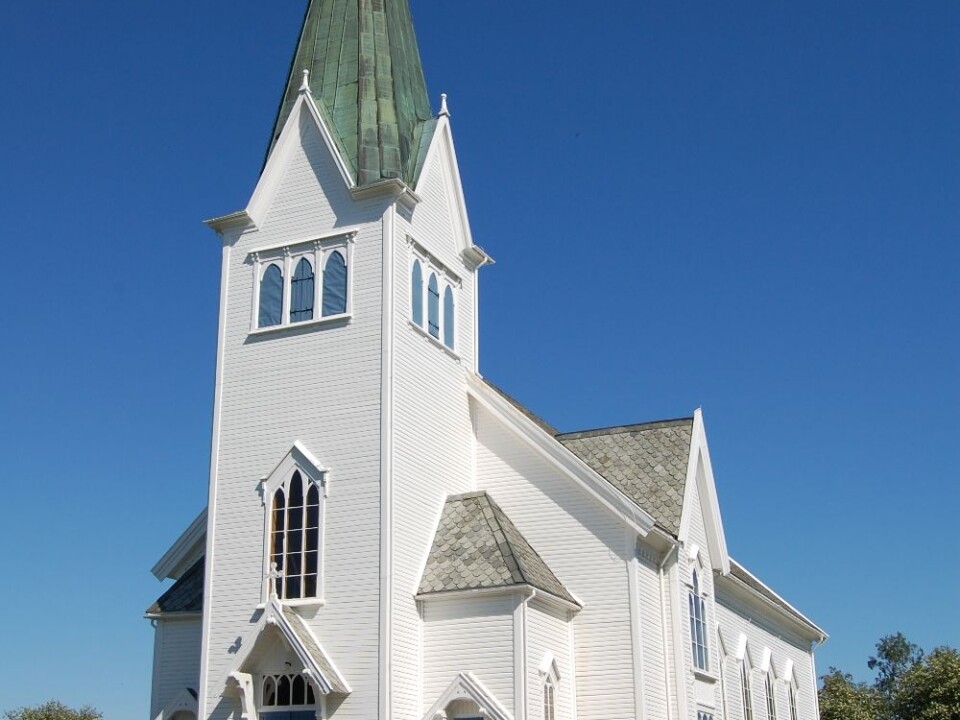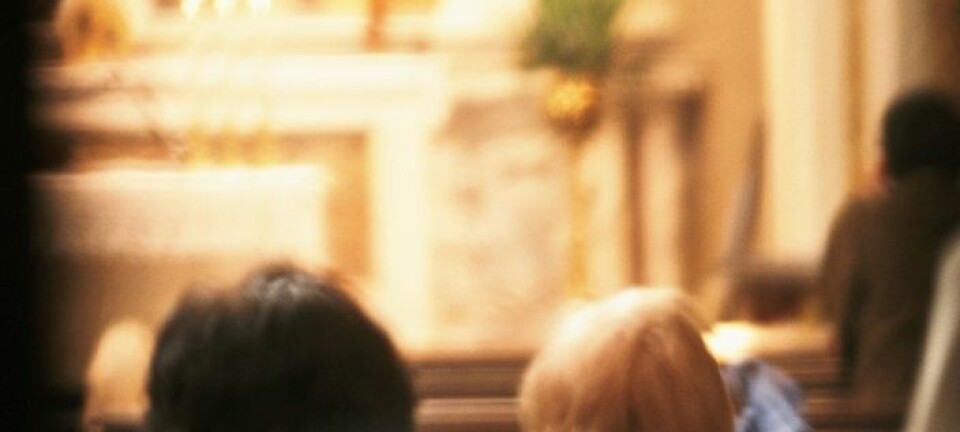
No dogmas: the new Nordic Christianity
A new version of Christianity is emerging in Nordic countries, replacing church authority and dogma with individual reflection and beliefs.
Denne artikkelen er over ti år gammel og kan inneholde utdatert informasjon.
Traditional Christianity is steadily losing ground in Nordic countries, where less than ten percent of the population are Christians in a traditional sense. However, research shows that most people still see themselves as Christians – sort of.
They remain members of the state church, but reject established dogma and the spiritual authority of the church. Instead, they see the church as an inclusive 'umbrella organisation' where people should have the freedom to choose their own individual path.
Increasing trend
This trend towards neo-Christianity in Northwestern Europe has become increasingly apparent over the last few years, intriguing and baffling researchers who have yet to agree on an explanation.
“Some argue it is a symptom of decline – a loss of morality and religious reflection,” says Ole P. Riis, a professor of sociology of religion at the University of Agder, Norway. “Others see it as a liberalisation of Christianity, with a more compassionate God and more humanistic sensibilities.”
Rejecting core tenets

The rejection of dogma includes core tenets of the church, such as Jesus being the son of God, or Christianity being the one true faith leading to salvation. Instead, the neo-Christians believe most religions contain some spiritual insights, and that believers should be allowed to include elements from other religions.
Even within the most devout Christians regularly attending church services and adhering to Christian rituals, there are significant numbers who reject church teachings and instead follow their own convictions.
The belief in dogmas – principles that are established as incontrovertibly 'true' – have been a key part of religious practice in Europe, and is central to both Christianity, Judaism and Islam. But throughout history dogma-based religions are actually the exception and not the rule, Riis points out.
Child rearing and free thinking
He argues that the new religion, far from being inherently shallow and self-centred, fills a need in people who are spiritually engaged but disagree with church creeds.
”These beliefs are often very humanistic, even bordering on altruistic. In this new religion God is not only found within oneself, but also within fellow beings.”
Riis suggests that this religious transition can be traced to the revolution in child rearing after the Second World War, when children were encouraged to think for themselves, make their own choices and forge individual paths. “Just look at children's books, where heroines like Pippi Longstocking were free spirits.”
This school of thought has been unique to Northwestern Europe, forming both the culture and the principle of the welfare state, and eventually spilling into religion, he argues.
“No longer do we accept being told what to believe. Instead we reserve the right to reflect upon and reject religious dogma.”
Arena to explore deeper issues
But while many may have chosen to reject dogma, they have not rejected faith itself: religious beliefs are still widespread in Northern Europe.
“Many people feel that life would be too shallow and superficial without any spiritual dimension,” says Riis. Rather than offering simple answers, religion might be used by the believers as an arena to discuss and explore deeper issues, life experiences and existential questions.
Read the full story in Norwegian at forskning.no
































